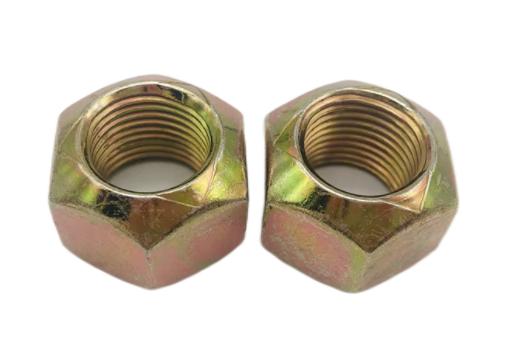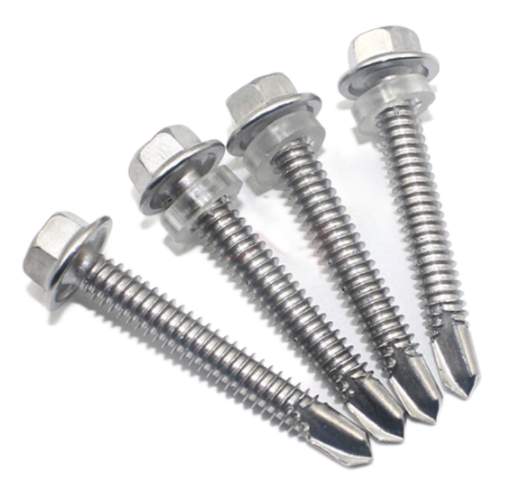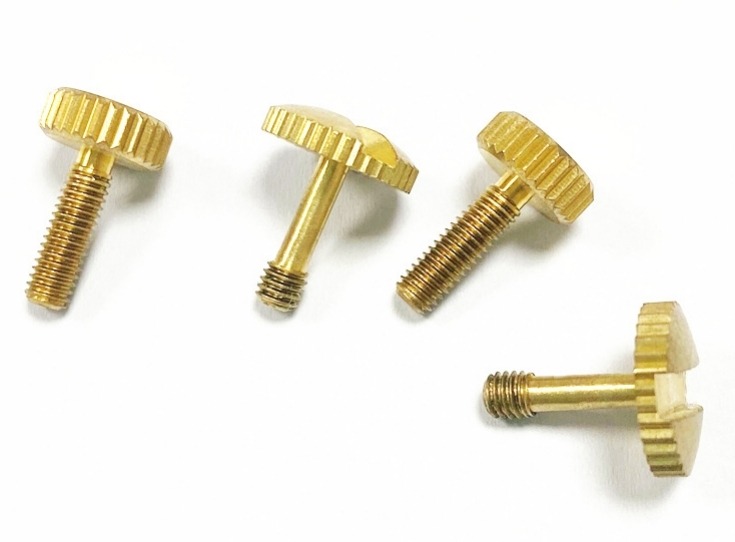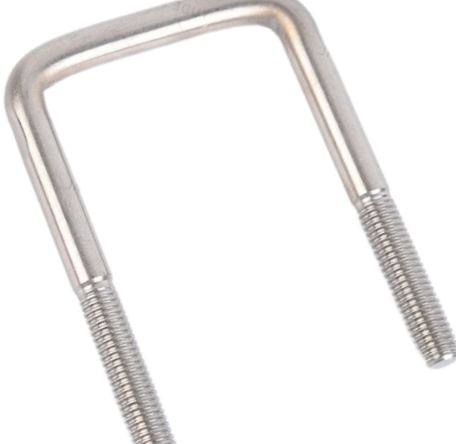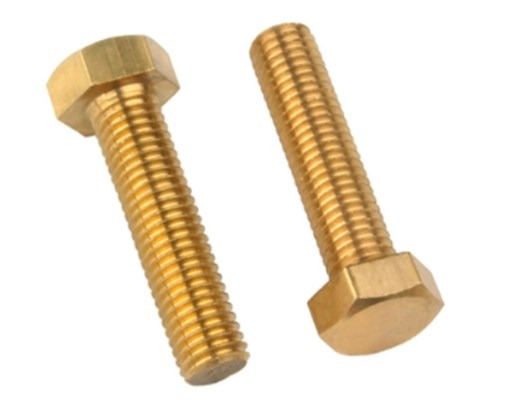Why Choose Al Alloy Fasteners As A Sustainable Alternative To Traditional Fasteners
The manufacturing industry is increasingly recognizing the importance of sustainability, and companies are looking for ways to reduce their environmental impact. One way to achieve this is by using sustainable products, such as Al Alloy Fasteners. In this advertorial, we will discuss the environmental impact of traditional fasteners, the features and benefits of Al Alloy Fasteners, their wide range of applications, and their sustainable manufacturing process.

Environmental Impact of Traditional Fasteners
Traditional fasteners, such as those made from steel or other metals, have a significant environmental impact. The production of these materials requires large amounts of energy and generates greenhouse gas emissions. Additionally, the extraction of raw materials for traditional fasteners can lead to environmental pollution and resource depletion. Once these fasteners reach the end of their useful life, they often end up in landfills or other waste disposal sites, contributing to further environmental problems.
Al Alloy Fasteners are an excellent sustainable alternative to traditional fasteners. They are made from recycled materials, which reduces the amount of virgin material required and lowers the carbon footprint of the manufacturing process. The high strength-to-weight ratio of Al Alloy Fasteners also means that they require less material to achieve the same level of performance as traditional fasteners. This leads to a reduction in material usage and a decrease in the carbon footprint of the manufacturing process.
Benefits of Al Alloy Fasteners
Al Alloy Fasteners offer several benefits that make them an attractive alternative to traditional fasteners. Firstly, they have excellent resistance to corrosion and wear, which means they last longer and require less maintenance than traditional fasteners. This results in a longer product lifespan and reduced waste. Secondly, the high strength-to-weight ratio of Al Alloy Fasteners means that products can be designed to be lighter without sacrificing strength. This leads to improved energy efficiency and reduced environmental impact.

Applications of Al Alloy Fasteners
Al Alloy Fasteners have a wide range of applications in various industries. In aerospace, Al Alloy Fasteners are used in aircraft engines, landing gear, and airframes due to their lightweight and excellent strength. In the automotive industry, Al Alloy Fasteners are used in engine components, suspension systems, and wheels. In the construction industry, Al Alloy Fasteners are used in building facades, roofs, and cladding systems. The versatility and reliability of Al Alloy Fasteners make them an ideal choice for many applications.
Sustainable Manufacturing Process of Al Alloy Fasteners
The production of Al Alloy Fasteners requires less energy than the production of traditional fasteners, which leads to reduced CO2 emissions. Additionally, the use of recycled materials further reduces the carbon footprint of the manufacturing process. The manufacturing process for Al Alloy Fasteners is also less wasteful, as any scrap generated during production can be recycled and reused. By choosing Al Alloy Fasteners, manufacturers can reduce their environmental impact while maintaining the performance and reliability of their products.
Conclusion
In conclusion, Al Alloy Fasteners offer a sustainable alternative to traditional fasteners. They are made from recycled materials, have a high strength-to-weight ratio, and are resistant to corrosion and wear. They have a wide range of applications in various industries, and their sustainable manufacturing process reduces their environmental impact. By choosing Al Alloy Fasteners, manufacturers can reduce their environmental footprint while maintaining the performance and reliability of their products.


